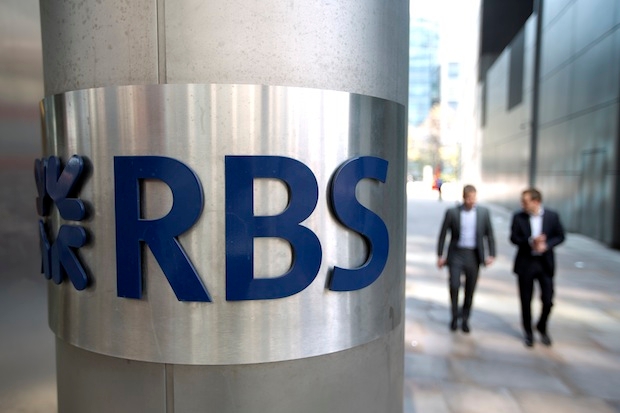Among lively responses to my recent item on executive pay and the possibility of using state-owned RBS as an experiment in reducing it, this one from a senior City whistle–blower: ‘Are you aware that the situation is even more absurd than you say? Since the EU bonus cap [introduced in 2014, limiting bonuses to 100 per cent of salary or 200 per cent with shareholder approval] we all had our basic salaries raised to ridiculous levels to ensure no one loses out — which of course has the perverse effect that people work less hard and frankly care less about the performance of the bank.’ Executives just four years into their careers command base salaries of up to £150,000, and ‘managing directors’ (of whom every firm has dozens) up to £600,000. But at RBS — ‘now the City’s biggest hire-and-fire shop’ — the base scale is even higher: up to £1 million for a junior director and £1.5 million-plus for an MD. ‘Total madness,’ says my informant.
I agree, and not only because I’ve always thought the EU bonus cap (promoted by socialists in the European parliament) was an unwarranted interference that was always going to have perverse results. It’s my simple view, held since I was myself a City insider and would-be whistle-blower long ago, that the prospect of life-changingly high rewards for no personal risk more often leads people to behave worse than to perform better.
So I’m intrigued to see that fund manager Neil Woodford has decided to scrap all bonuses for the staff of his investment firm because, as his colleague Craig Newman put it, ‘Bonuses are largely ineffective in influencing the right behaviours… There is little correlation between bonus and performance and this is backed by widespread academic evidence.’ Good to see sanity creeping in, even before Theresa May has had time to sink her teeth into the topic.
This is an extract from Martin Vander Weyer’s column. The full article can be found here.







Comments